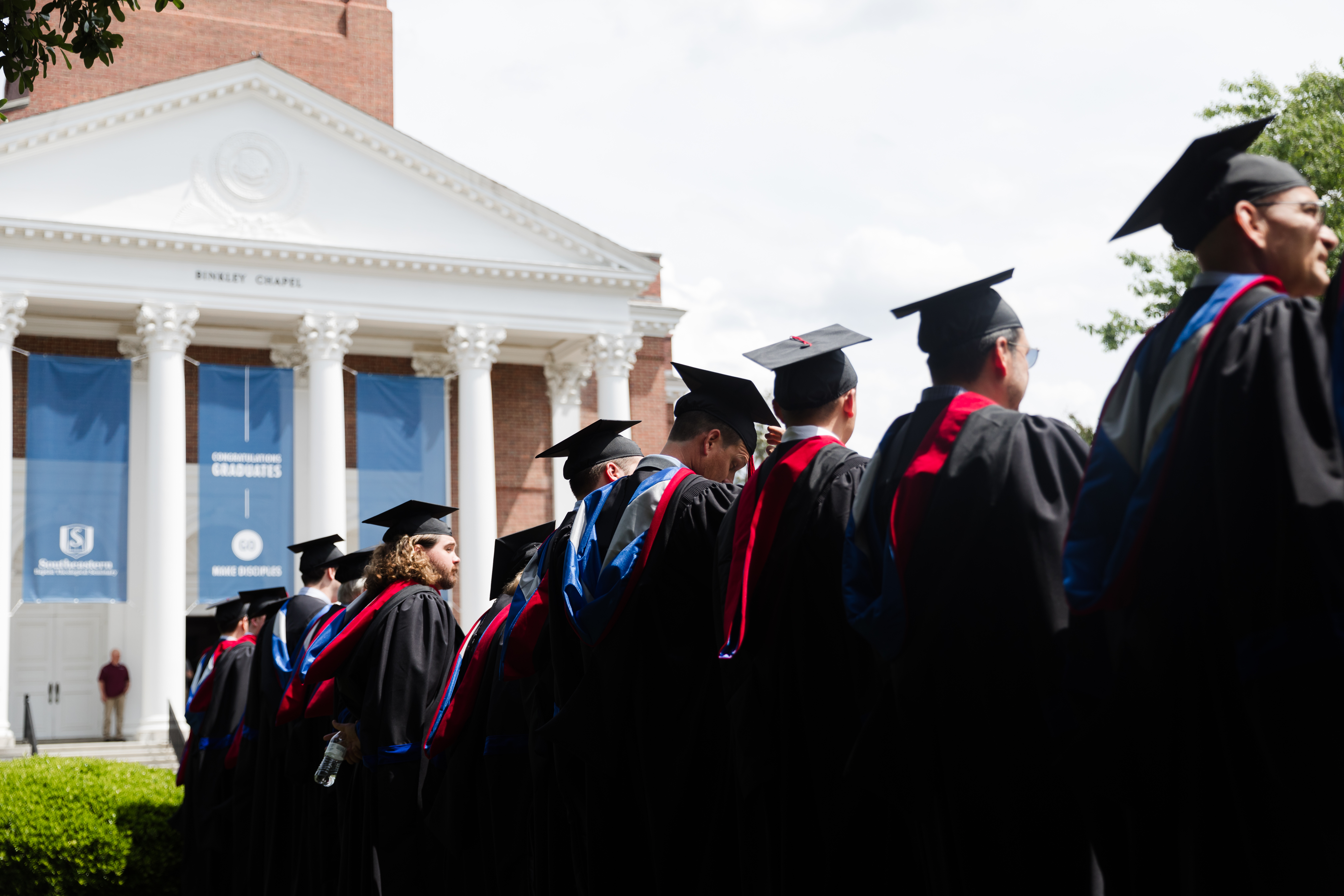Are we fearful followers or faithful Christians? How can we be salt in light in the public square? Brent Leatherwood – president of the Ethics and Religious Liberty Commission – addressed these questions and more during his recent lecture at the Center for Faith and Culture’s annual Carver-Barnes lecture. Addressing topics relevant to Christians (and Baptists in particular), Leatherwood explored the topic of witness to Christ in the public square. Here are some key takeaways:
Scripture and Defining the Public Square
At the outset, Leatherwood was quick to identify the foundation of Christian political witness: Scripture. Without this foundation in place, Christian political witness will surely fail in what it seeks to achieve. Second, Leatherwood insightfully noted that when it comes to defining the public square, most of us simply think of politics alone. This is a mistake. Indeed, while the public square certainly includes politics, it is much more than just politics. The public square encompasses all our day-to-day encounters with one another. In this way, the public square is a means of consistent interpersonal interaction as opposed to being specifically relegated to political conversations or encounters. This reality ought to change how we view our everyday exchanges with others.
A Danger: Ideology as Idolatry
But how can a Christian hope to engage in the public square in the midst of hostile ideological power struggles? Leatherwood offers a couple of different responses to this pressing question. First, Christians need to realize – and many are already aware of this – that the constant drama and vitriol permeating the public square, though we all have become accustomed to it, is not normal. Normal public square living involves people coming together to respectfully engage with one another. Second, given the rise of postmodernism and what some have called “expressive individualism”[1], Christians must realize that if “power becomes an end, it becomes an idol”, as Leatherwood put it. In order to live as salt and light in the public square, political power must not be pursued as the ultimate end as it shifts our focus away from God.
Third, Christians need to remind themselves that our true identity is found in Christ and Christ alone. We often believe the myth that our identity is lost if our political side loses ground in the public square, but this view is a short-sighted, unbiblical picture of reality. One could also speak to a Christian witness issue here. If the unbelieving world sees Christians turning ideology into an idol, why take Christianity seriously? We must, as the saying goes, practice what we preach.





No comments have been added.